Lots of fun but extremely expensive: Aldi shutters Trigo powered Shop & Go store in Dutch city of Utrecht
Aldi is binning its mobile app centric, cashier-free supermarket project in Utrecht, Holland.
“It was a fun experiment and we learned a lot,” Florian Scholbeck, Aldi’s International Head of Communications. “But the investments are very big.”
The retailer will now test the system in Eindhoven in a store selling a full range of products. The ability to pay by traditional means will also be made available.
Utrecht was a 3,982 square feet location where shoppers walked in, selected their items, and walked out without having to queue at the checkout lane or scan any items.
In its largest store format to date, Trigo applied its algorithms to shelf sensors and ceiling mounted cameras which analysed anonymised shoppers' movements and product choices.
Payments and receipts were settled digitally.
The store featured in one of our weekly coolest retail technology plays round ups.
And Jan Oostvogels, CEO at Aldi Holding in the Netherlands, said in a press release: "We are very proud to be able to test this innovation project in Utrecht together with our customers.”
“It fits our strategy as a discounter to make shopping as easy as possible for our customers. After all, our experience shows that our customers appreciate quick and easy processes at the checkouts. Our test shop in Utrecht fits this perfectly."
But not everybody was a fan.
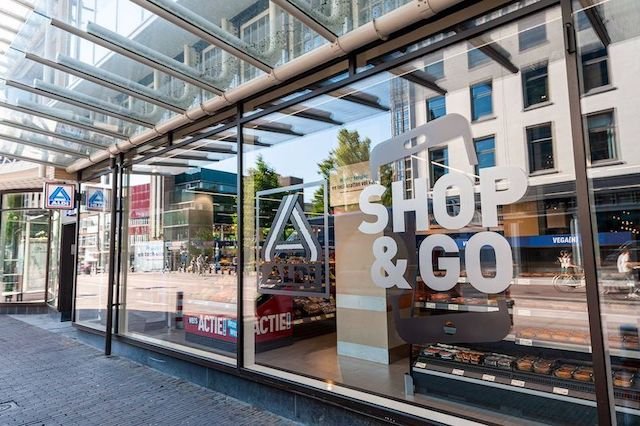
Jelle Prins, who has designed apps for the likes of Uber and Booking.com, popped along to see what all the fuss was about and ended up venting spleen on Twitter.
His tweet included a video of himself walking around an empty store.
“This is the most expensive part of Utrecht and this is how venture capital goes wrong,” he said.
“There is too much money floating around combined with very incompetent corporate innovation managers.”
“There is absolutely no one in this entire store. They will be throwing away all of the vegetables and fruit. This is prime real estate. It took me five to ten minutes to get into the store, just to deal with the app. The user experience is insane.”
Prins added: “I don’t know why they did this, but I’ve never seen such a waste of capital and resources.”
“There are apparently no people working here and no one is buying anything. While I was trying to get inside, ten people walked away. This is downtown Utrecht. Crazy stuff. So much for corporate innovation, right?”
He concluded: “Don’t ask for credit cards, people don’t use them in the Netherlands. They use PIN, so try that, rather than this tedious process where you have to jump through lots of hoops to get into the store, where you need an app and so on.”
“When you want to innovate, do it better than this. This is extremely wasteful. Peoples’ pension funds money goes into these venture capital firms and then it’s wasted on things like this simplistic and arrogant innovation. Do better next time!”
Trigo responds
Amir Mizroch, a Trigo spokesperson, told RTIH: “All very new innovations, when they reach the general public, usually need some adjustment time. Teething problems are to be expected.”
He added: “There is no doubt however that frictionless checkout is being adopted on a broader scale, and there is proof of this ranging from The Netherlands, Germany, the UK, the US, and further afield in Asia, each with its unique adjustment period relative to the local population.”
“Trigo and Aldi are working on a debit card solution that should go some way to alleviating this particular challenge, and there are more payment integrations coming that should make the experience easier.”
“Overall, once both customers and retailers experience the convenience and efficiency of frictionless checkout, it’s hard to justify going back to waiting in lines, and we are seeing this more and more.”

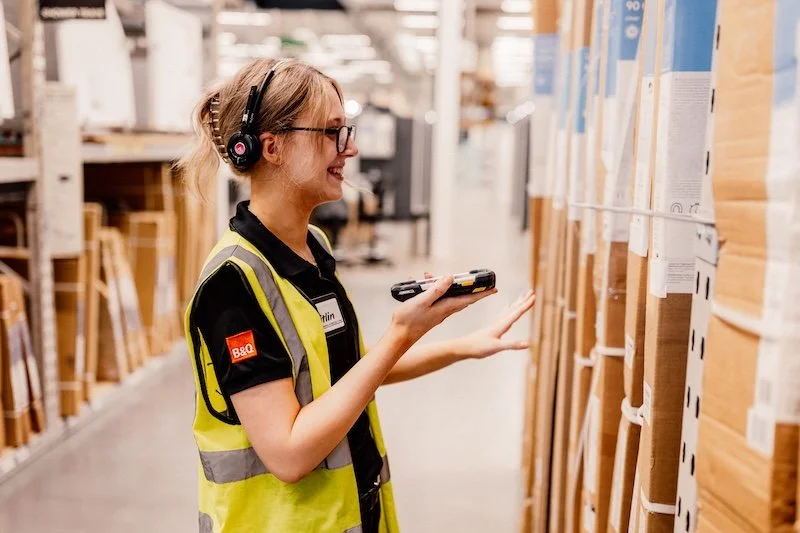
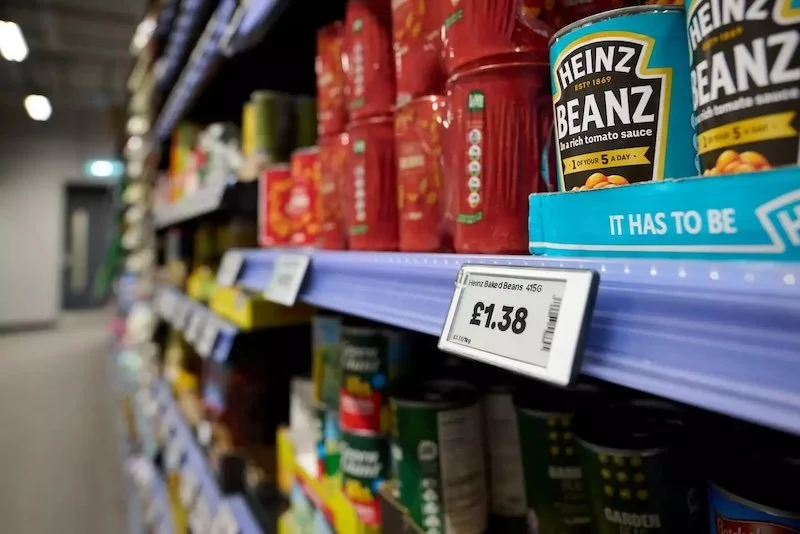



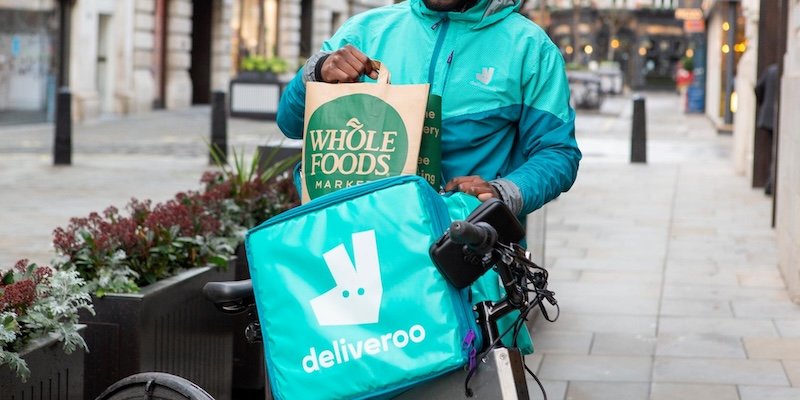

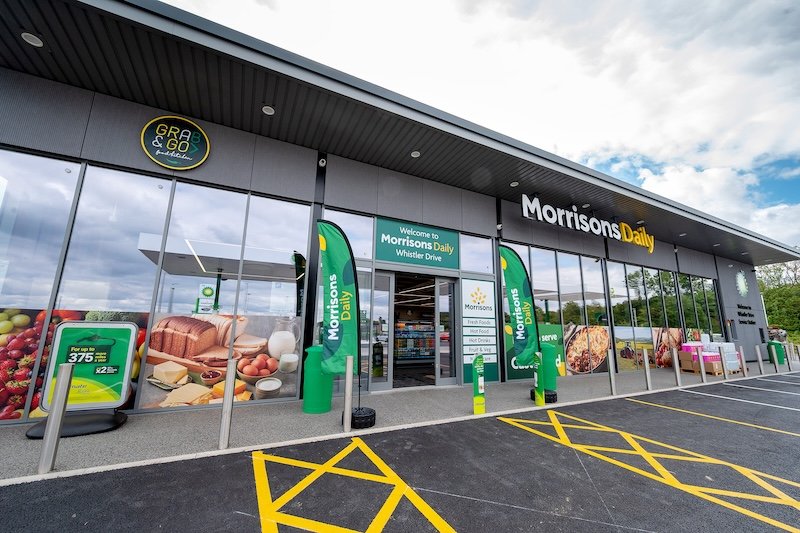
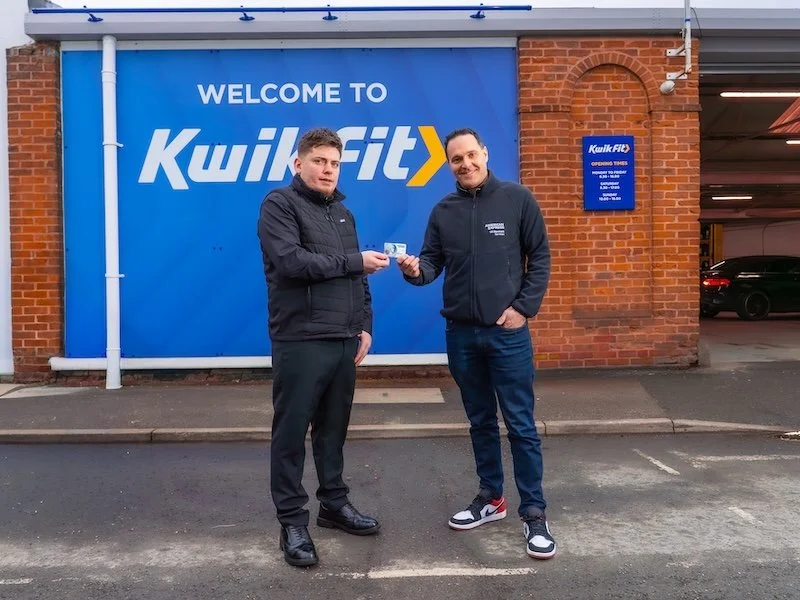





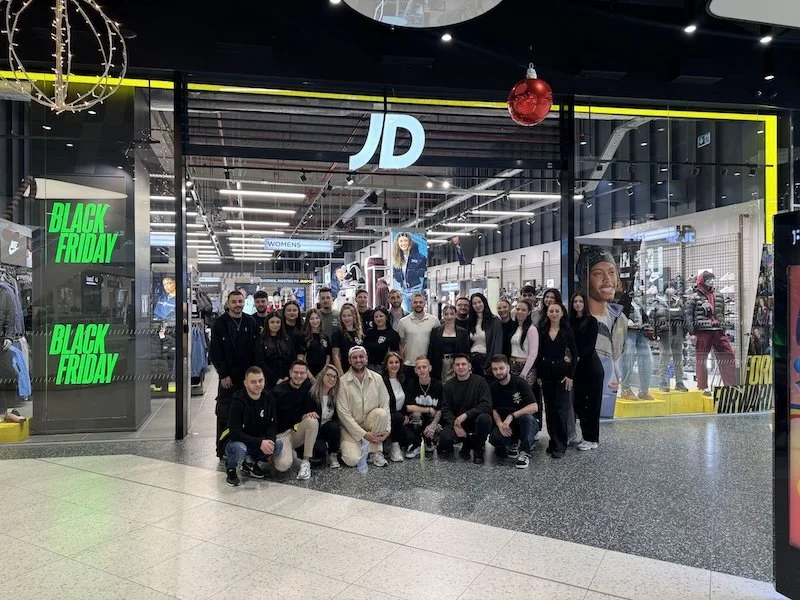



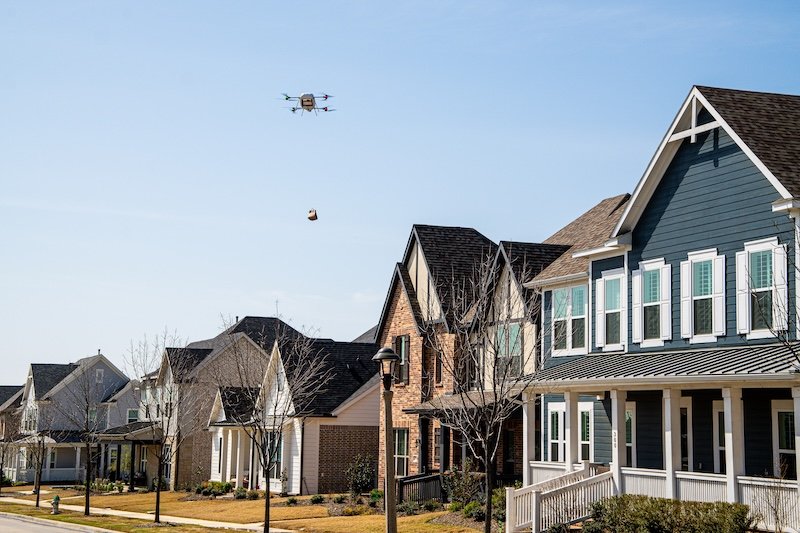

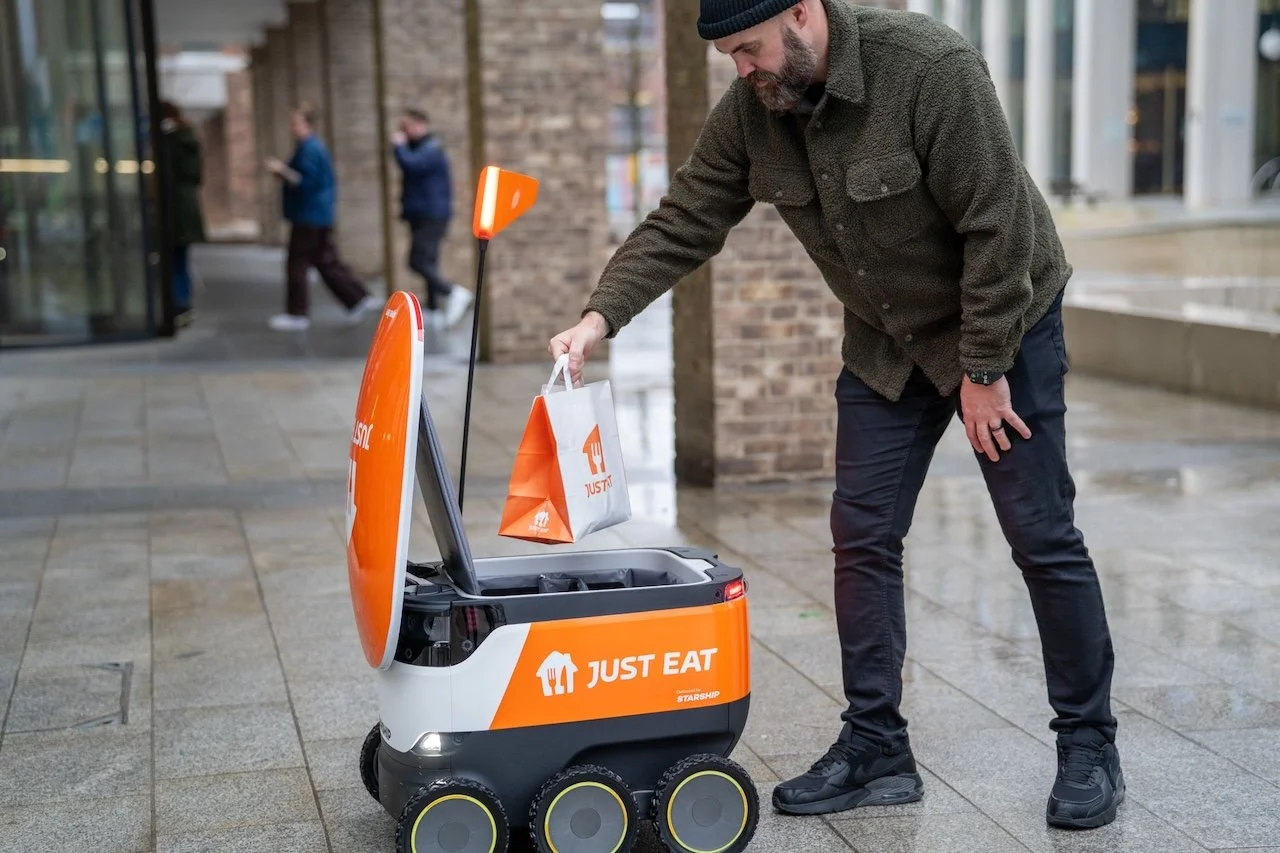




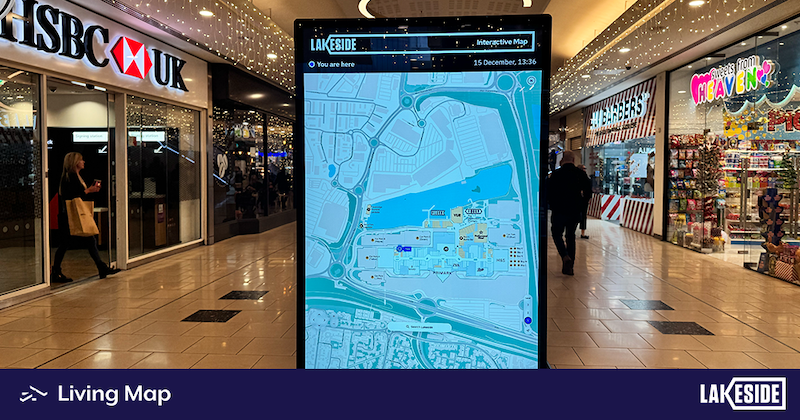

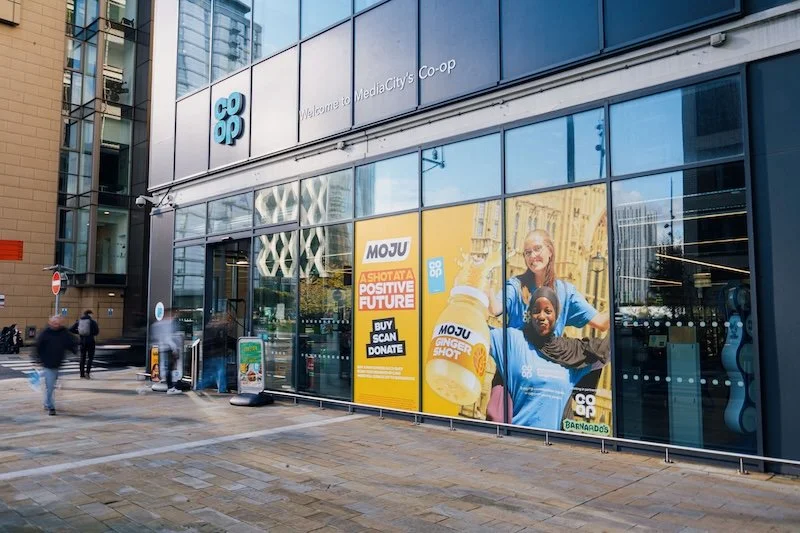
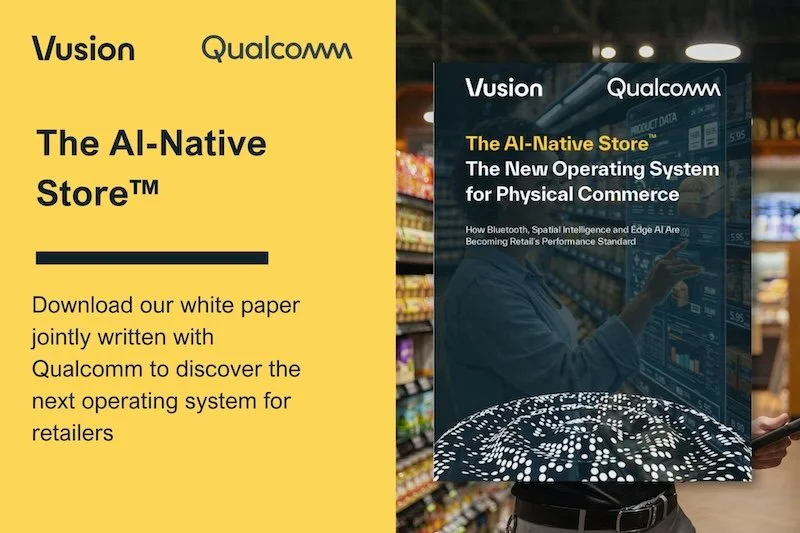
Continue reading…